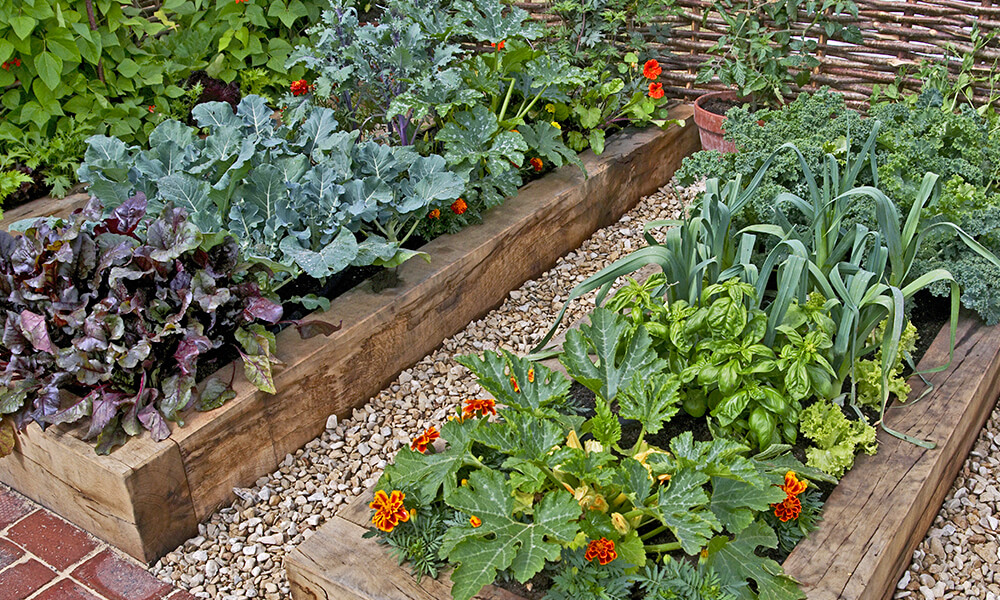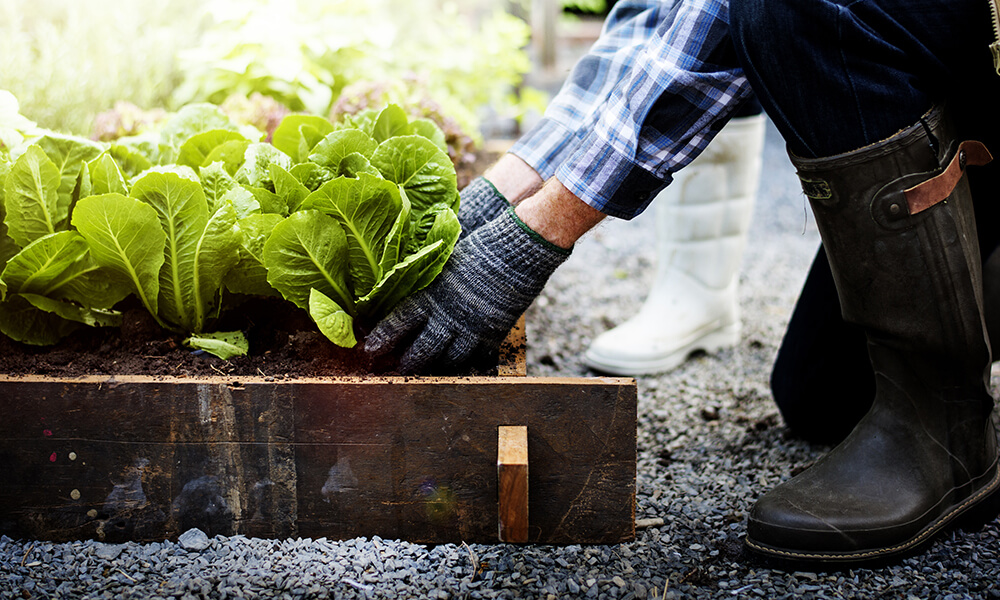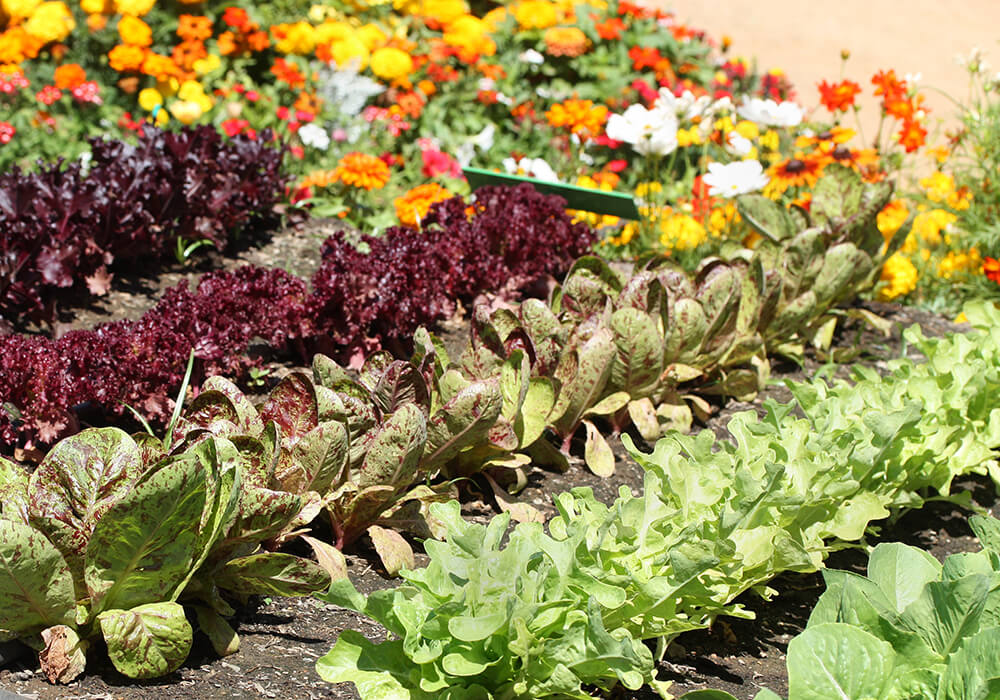Now is the best time to begin that veggie garden you’ve been contemplating, especially with the warm temperatures here to stay. If you are intimidated by the time it might take to start and maintain your vegetable garden, we’re here today to help motivate you to take action. In addition to installing solar panels, cultivating food in your backyard garden is another great way to take advantage of the sun as a renewable energy source and become eco-friendly. Here are a few reasons why our team at J-Tech thinks you should try your hand at vegetable gardening.
ORGANIC AND CLEAN
When buying vegetables from grocery stores, you run the risk of consuming all of the chemicals, preservatives, and other harmful ingredients injected in the foods in order to help maintain longevity (did you know that the average supermarket apple is over a year old?). They are also often coated with a type of wax that’s extremely hard to remove without first soaking the food in hot water. When growing produce in a vegetable garden, you can rest assured knowing that all of the foods on your plate are clean, organic, and fresh.
BETTER TASTE

One of the benefits of a vegetable garden that people love the most is the taste of their freshly grown produce. The better taste of homegrown veggies goes hand in hand with being clean grown, and anyone who has their own backyard garden will tell you about the great taste of homegrown food. Grocery store vegetables undergo more chemical treatment than the vegetables in your garden, and some always seem to go bad no matter how soon you attempt to finish them. When choosing which veggies would be best homegrown, consider these factors in your decision:
- Do you find yourself with old soggy bags of lettuce in your fridge?
- Did you know that in sweet corn the sugar turns to starch within an hour of being picked?
- Do you enjoy fresh herbs in your meals but have a hard time keeping the cilantro from the grocery store fresh long enough to use it?
Asking relevant questions will help guide you through your decision making process, and will leave you with the best tasting backyard garden veggies around.
SAVES MONEY
The average American spends $236 per year on fresh vegetables. While the average of about $20 per month may seem minimal, that money could be back in your pocket rather than in the hands of large scale grocery stores. Building a vegetable garden requires an initial investment of varying degrees depending on the type of garden. Depending on the veggies, soil, border, and fertilizer used, the initial cost of implementing an at home garden can greatly vary. In the long run, though, the money you spend planting your garden will slowly find its way back to your wallet.

STRESS RELIEF
Even if you aren’t planting something that you can eat, the stress relief benefits of a vegetable garden are also rewarding. By planting a garden, you will find yourself with more family bonding time, valuable alone time, and, potentially, more time interacting with your community. Vegetable gardening is a great family activity that can help you teach your kids the value of caring for a project. Also, you will inevitably find yourself alone working on the garden (trust us, the kids are only so much help) which will provide you with a quiet time of relaxation and a healthy dose of sunshine. Finally, you will be able to give or sell your produce to family, friends, and neighbors which can increase neighborhood bonding. You and your community can begin to build a friendship over your veggie garden. All of these outcomes will help guide you towards higher stress relief, impacting the overall quality of your life. And who knows, maybe you’ll inspire a neighbor to plant as well and start your own, small scale version of a community garden.
What are some of the benefits of a vegetable garden that you look forward to each season?. For more information on how you can benefit from the positive effects of the sun, call us today to chat about how renewable energy might fit in your lifestyle.





